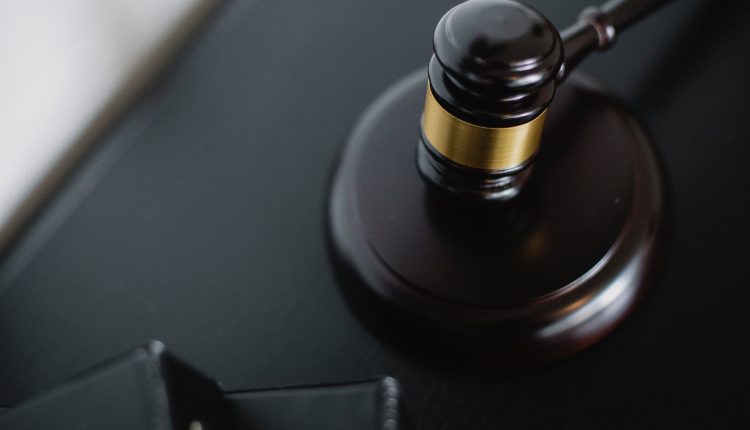Google Faces Massive Damages Claim of $1.67 Billion in AI Patent Dispute
Google strongly refuted the allegations made by computer scientist Joseph Bates and his company, Singular Computing. Bates is seeking $1.67 billion in damages, claiming that Google infringed upon his patents related to processors integral to the functioning of artificial intelligence (AI) technology within Google products.
Kerry Timbers, representing Singular Computing, asserted that Google, after a series of meetings with Bates between 2010 and 2014, illicitly adopted his technology without proper licensing. According to Timbers, Bates’ innovations became embedded in Google’s Tensor Processing Units, crucial for implementing AI features in services such as Google Search, Gmail, and Google Translate.
Timbers drew attention to internal emails presented in the case, where Google’s current chief scientist, Jeff Dean, expressed enthusiasm for Bates’ ideas, deeming them “really well suited” for Google’s ongoing developments. Another employee acknowledged being “quite corrupted by Joe’s ideas.”
In his opening statement, Timbers framed the case as a matter of fundamental principles, emphasizing the importance of respect, non-appropriation, and giving credit where it’s due. He urged the jurors to consider these longstanding values.
Google’s defense, presented by lawyer Robert Van Nest, argued that the employees responsible for designing Google’s chips had never encountered Bates.
Google disputes $7B Damages, Faces Legal Battle

Van Nest asserted that Google’s chips were developed independently of Bates’ work, dismissing Bates as a “disappointed inventor” with a track record of unsuccessful attempts to persuade various companies, including Meta Platforms, Microsoft, Amazon.com Inc, and OpenAI, to adopt his technology.
Van Nest further contended that Bates’ technology relied on approximate math capable of generating “incorrect” calculations, emphasizing the fundamental differences between Singular’s patents and Google’s chip architecture. Prior to the trial, Google claimed that Singular had initially sought up to $7 billion in damages.
However, Timbers proposed $1.67 billion as a fair compensation during the trial. The inception of Google’s processing units in 2016 marked a significant milestone in AI development, powering applications such as speech recognition, content generation, and ad recommendation.
Singular alleges that versions 2 and 3 of Google’s units, introduced in 2017 and 2018, infringe upon its patent rights. Simultaneously, a US appeals court in Washington entertained arguments on Tuesday regarding the potential invalidation of Singular’s patents in a separate case, an appeal initiated by Google from the US Patent and Trademark Office.
